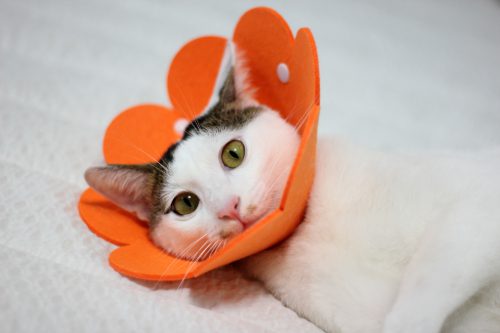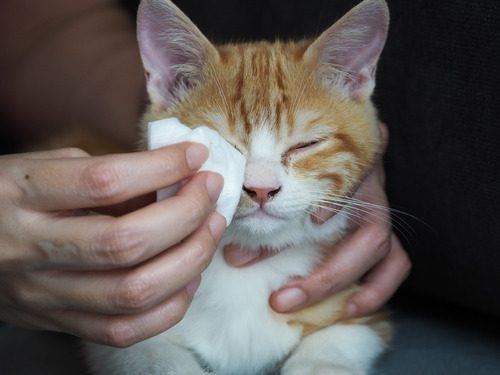Weird dog behavior: Will my dog stop mounting after being neutered

As pet parents at Cornerstone Veterinary Hospital of Clifton Park, we often come across questions that may seem unusual but are quite common. One such query we encounter frequently is, “Will my dog stop mounting after being neutered?” To provide you with comprehensive answers, we delve into canine behavior, the effects of neutering, and the role of training. If you need more assistance or wish to discuss your pet’s health with our experts, don’t hesitate to call us at (518) 383-6254 or make an appointment online.
Understanding Dog Mounting Behavior
Mounting, or what we often refer to as “humping,” is a behavior observed in both male and female dogs. Despite the embarrassment it might cause, it’s essential to realize that mounting is often a natural part of your dog’s communication system.
Common Reasons for Mounting
While mating is an obvious reason, dogs may also mount due to excitement, dominance assertion, stress relief, and even play. It’s a multifaceted behavior that can’t be pinned down to one reason.
Neutering: A Possible Solution?
Many dog owners wonder if neutering their pet will mitigate this behavior. The answer isn’t straightforward, as it depends on why your dog is mounting in the first place.
The Impact of Neutering on Dog Behavior
Neutering is the surgical removal of a male dog’s testicles, which reduces the production of testosterone—a hormone significantly responsible for many behaviors, including mounting.
Can Neutering Stop Mounting?
If the behavior is primarily driven by sexual instincts, neutering might indeed reduce or even stop mounting in dogs. However, if other factors like dominance, excitement, or stress are causing your pet to mount, neutering may not completely solve the problem.
Other Behavioral Changes Post-Neutering
Besides the possible reduction in mounting behavior, neutering can lead to other behavioral changes. It can make dogs less aggressive, reduce urine marking, and lower the chances of wandering off in search of a mate.
The Role of Training in Controlling Mounting Behavior
Although neutering can mitigate mounting, it isn’t a one-stop solution. It’s where the importance of training comes in. Training helps correct behavior that neutering can’t change, such as mounting due to excitement or dominance.
In conclusion, neutering may reduce mounting in dogs if it’s driven primarily by sexual instincts. However, it’s crucial to remember that each dog is unique, and results can vary. In such cases, training plays an instrumental role in curbing such behavior.
At Cornerstone Veterinary Hospital of Clifton Park, we are committed to helping you understand and manage your pet’s behavior. If you have questions about neutering, mounting behavior, or need assistance with training your pet, please call us at (518) 383-6254 or schedule an appointment online.
Remember, understanding your dog’s behavior can lead to a more harmonious coexistence and a deeper bond with your furry friend.
Recent Posts
Pet First Aid: Essential Supplies for Your Pet Emergency Kit
Pet First Aid: Essential Supplies for Your Pet Emergency Kit Every pet parent wants to keep their…
Benefits of Spaying or Neutering a Cat
Benefits of Spaying or Neutering a Cat Deciding to spay or neuter your cat is a responsible…
Why Does My Cat Get Eye Boogers Everyday?
Why Does My Cat Get Eye Boogers Everyday? Cats are known for their meticulous grooming habits, but…
About Us
Originally opened as Animal Care Hospital by Dr. Mark Johnston in 1989, the hospital became Cornerstone Veterinary Hospital in 2015 when it was purchased by Drs. Alan and Lisa Knott. The name 'Cornerstone' holds a special place in their hearts, representing not only their Christian faith but also their commitment to being the cornerstone of the community in which they practice. As a family-owned and operated practice, every pet is treated as part of the family, ensuring they receive the highest standard of care. The team at Cornerstone Veterinary Hospital is dedicated to building lasting relationships with clients and their beloved pets, striving to be the cornerstone of the community in which they practice.



